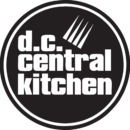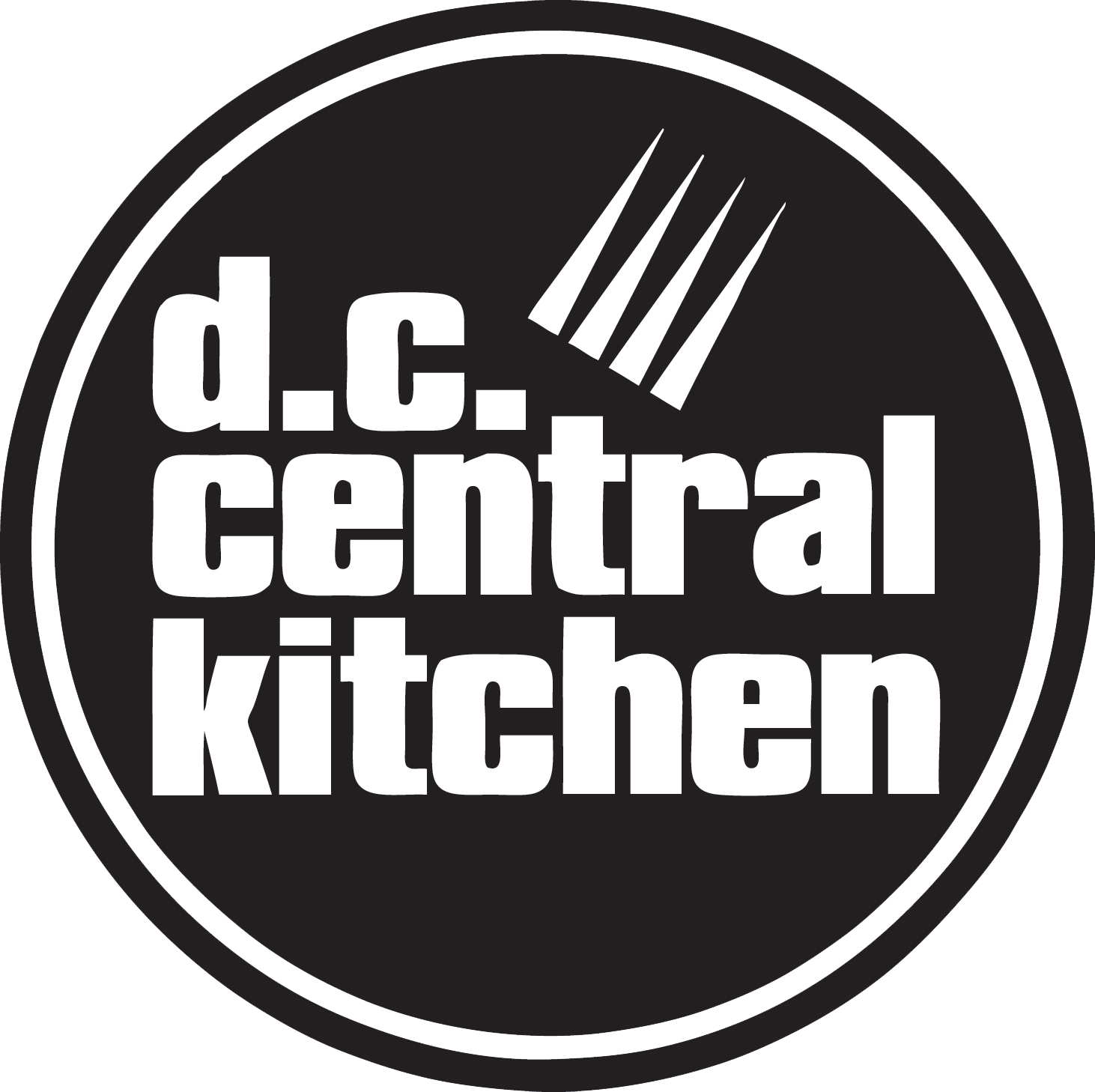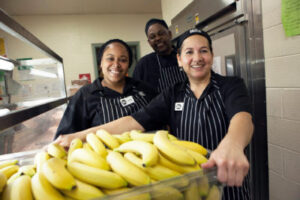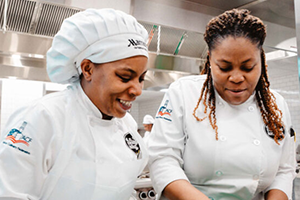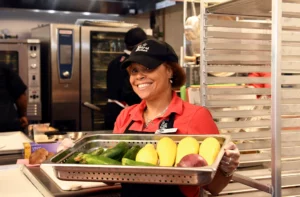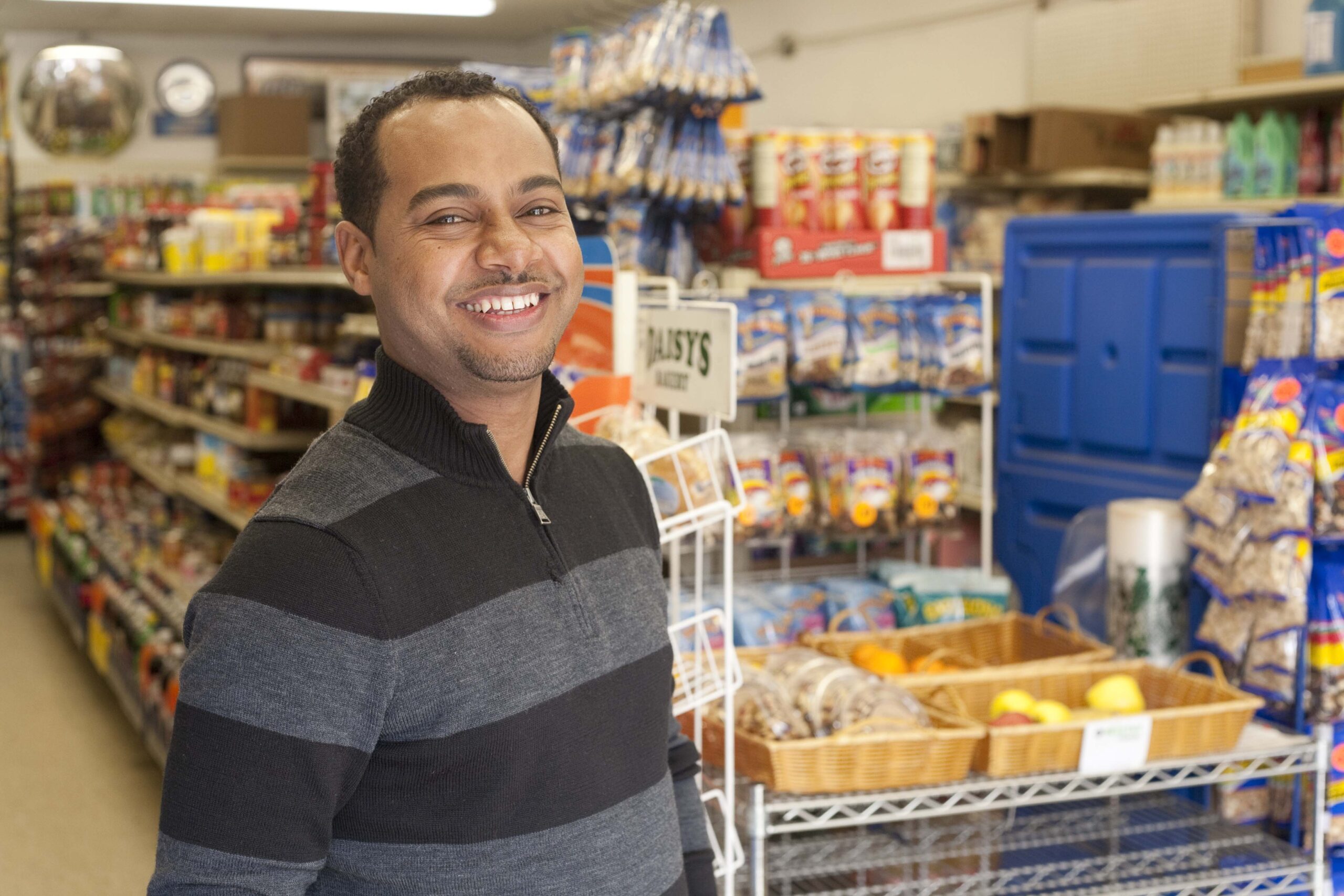At DC Central Kitchen, our successes and failures are an open book. We believe that sharing our big wins along with our missteps is the fastest way to address the social challenges we fight against. It’s in this spirit of transparency, innovation, and collaboration that we release the second edition of our best practices and program replication manual, “Building Healthy Corners: A Best Practice Guide in Three Phases.”
“Building Healthy Corners” comes four years after our first edition of a replication guide for our innovative Healthy Corners program – a social venture that delivers affordable fresh produce and healthy snacks to small corner stores in DC food deserts where residents otherwise lack affordable access to healthy, fresh food options. Our tactical, step-by-step instructions for how to launch a Healthy Corners program made it into the hands of more than 83 organizations across the globe, and received recognition from The Atlantic, The Chronicle of Philanthropy, and Huffington Post.
In Phase I of this new guide, we condense our original step-by-step instructions into four key approaches that led to our original success. Then, in Phase II, we highlight the new activities we took on as Healthy Corners grew from a lean startup to a nationally-recognized program, like creating store membership tiers, sourcing local produce, and developing research-backed evaluation tools.
Throughout our growth, DC Central Kitchen has never stopped prioritizing the importance of sharing what we’ve learned with others. In 2017, we began convening quarterly calls with start-up programs modeled after Healthy Corners. It’s this frank, real-time information sharing and collective brainstorming that enhances all our shared efforts.
“Collaboration is a key component of achieving collective impact. DCCK opened their doors to us when we were planning our corner store initiative. Their years of programmatic experience and best practices directly shaped our program in New Orleans,” said Sam Heyman, Director of Business Development and Co-Founder of Top Box Foods – New Orleans.
The final piece of the guide, Phase III, looks towards what’s next for Healthy Corners. One in 7 corner stores in our city is now a Healthy Corners partner, so we will create new opportunities for collaboration across the network. In light of growing consumer demand and independent research finding that 63% of customers shop at their neighborhood corner store nearly every day, we’re committed to increasing the amount and variety of produce available at these critical food access points. And now that half of Healthy Corners stores sell at least 80 pounds of produce each month, we’re helping these stores explore strategies for sourcing directly from for-profit wholesalers and buyer’s cooperatives that can sustain them long-term.
By sharing what’s worked for Healthy Corners– and what hasn’t – we hope to inspire nonprofits leaders and social entrepreneurs across the country to enact solutions that create a healthier, more equitable food system for us all. You can download the full-version of Building Healthy Corners here.
